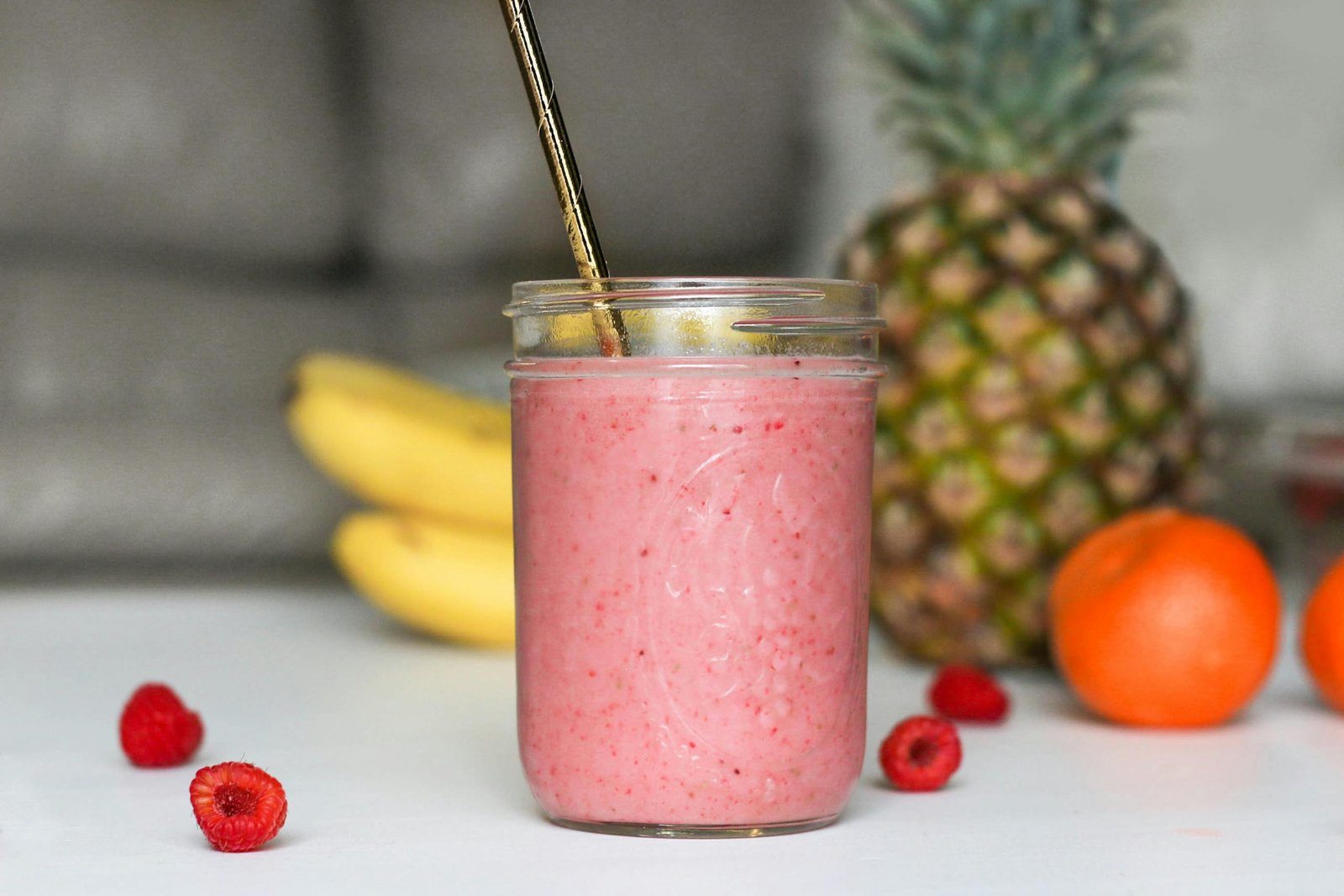How Water Helps Regulate Your Body Temperature
There are some affiliate links below, but they are all products I highly recommend. For more info, view my disclosure here.
Do you ever wonder how your body stays cool when you’re hot or warm when you’re cold?
It’s all thanks to water! Water plays a crucial role in regulating your body temperature. It helps you sweat, which cools you down, and it also helps dissipate heat from your body.
Staying hydrated is key to maintaining a balanced body temperature. So, let’s dive in and explore how water keeps you feeling just right!
The Role of Water in Thermoregulation
Water plays a crucial role in helping your body regulate its temperature. When your body gets too hot, such as during exercise or on a hot day, it begins to sweat. Sweat is made up mostly of water, and as it evaporates from your skin, it cools you down. This process is known as evaporative cooling. Without enough water, your body would struggle to produce sweat, making it difficult to cool down and potentially leading to overheating.
Water helps regulate your body temperature by aiding in the process of vasodilation and vasoconstriction. When you’re too hot, your blood vessels near the surface of your skin dilate, allowing more blood to flow through them. This helps to release heat to the environment. On the other hand, when you’re too cold, your blood vessels constrict, reducing blood flow to the skin and conserving heat. Drinking enough water helps maintain proper blood volume, which is crucial for these processes to occur effectively.

Water’s Influence on Sweat Production
Staying hydrated ensures that you sweat enough to regulate your body temperature effectively. When you don’t drink enough water, your body becomes dehydrated, and this can hinder your ability to produce sweat. Sweat is a vital part of thermoregulation because it helps cool down your body when it gets too hot.
Water plays a crucial role in the production of sweat. When your body temperature rises, your brain sends signals to your sweat glands to start producing sweat. Sweat is mostly composed of water, along with small amounts of electrolytes and other substances. When you’re properly hydrated, your sweat glands are able to produce enough sweat to cool your body down efficiently.
On the other hand, when you’re dehydrated, your body doesn’t have enough water to produce an adequate amount of sweat. This can lead to difficulty in regulating your body temperature, making you more susceptible to heat-related illnesses such as heat exhaustion or heatstroke.
To ensure that you’re adequately hydrated, it’s important to drink enough water throughout the day, especially when you’re engaging in physical activities or spending time in hot environments. By staying hydrated, you’ll promote proper sweat production and help your body regulate its temperature effectively.
How Water Helps Dissipate Heat From the Body
When you’re properly hydrated, your sweat glands are able to function optimally, allowing excess heat to escape from your body. Water plays a crucial role in regulating your body temperature by helping to dissipate heat. As you go about your day, your body generates heat from various activities like exercising or even just sitting in a hot environment. To maintain a stable internal temperature, your body needs to release this excess heat. Sweat is one of the primary mechanisms your body uses to cool down.
When your body temperature rises, your sweat glands produce sweat, which is mostly composed of water. As sweat evaporates from your skin, it takes away excess heat with it, cooling down your body. However, if you’re dehydrated, your body’s ability to produce sweat is compromised. This can lead to difficulties in dissipating heat, resulting in a higher risk of overheating and heat-related illnesses.
Ensuring you stay hydrated by drinking enough water throughout the day is essential for maintaining proper body temperature regulation. By providing your body with an adequate water supply, you support the efficient functioning of your sweat glands, allowing them to effectively cool down your body and prevent overheating.
The Importance of Hydration in Maintaining Body Temperature
To maintain a stable internal temperature, make sure you drink enough water throughout the day to support the efficient functioning of your sweat glands. Sweat is the body’s natural cooling mechanism, and without enough water, this process becomes less effective. When you’re dehydrated, your body struggles to produce enough sweat to regulate its temperature, leading to an increased risk of overheating.
By staying hydrated, you ensure that your sweat glands can produce enough sweat to cool you down when necessary.
Water acts as a coolant by absorbing and carrying away heat from the body when it evaporates as sweat. When you exercise or are exposed to hot weather, your body heats up, and to maintain a normal temperature, it relies on sweating. However, if you aren’t adequately hydrated, your body can’t produce enough sweat, and this can lead to heat exhaustion or even heatstroke.
In addition to supporting sweat production, water also helps to regulate body temperature by maintaining blood volume. When you’re dehydrated, your blood volume decreases, making it harder for your body to circulate oxygen and nutrients. This can result in a higher core body temperature as your body struggles to cool itself down. By drinking enough water, you ensure that your blood volume remains adequate, allowing for efficient temperature regulation.
Water’s Effect on Blood Circulation and Cooling
By maintaining proper hydration levels, you can ensure that your blood circulates efficiently and aids in cooling your body. When you’re well-hydrated, your blood volume increases, allowing it to flow more freely throughout your body. This increased circulation helps transport oxygen and nutrients to your organs and muscles, promoting optimal function.
Water helps regulate your body temperature through the process of sweating. When you exercise or are exposed to high temperatures, your body starts sweating to cool down. Sweat is mostly composed of water, and when it evaporates from your skin, it takes away heat from your body, thus cooling you down. This process is essential for preventing overheating and maintaining a stable body temperature.
However, if you’re dehydrated, your blood volume decreases, making it harder for your heart to pump blood efficiently. This can lead to decreased circulation and a reduced ability to cool down. Therefore, it’s crucial to drink enough water throughout the day to support proper blood circulation and aid in maintaining a balanced body temperature.
Water’s Role in Regulating Body Temperature During Exercise
Staying hydrated during exercise is crucial for keeping your body temperature balanced and preventing overheating. When you exercise, your body generates heat as a result of increased metabolic activity. This heat needs to be dissipated in order to maintain a stable body temperature. Water plays a vital role in this process.
As you exercise, your body sweats to cool down. Sweating is your body’s way of releasing heat through evaporation. However, if you aren’t properly hydrated, your body may not produce enough sweat, making it difficult for the heat to escape and potentially leading to overheating. Drinking water before, during, and after exercise helps ensure that you have enough fluid in your body to support efficient sweating and maintain a safe body temperature.
In addition to aiding in sweat production, water also helps regulate your body temperature by increasing blood flow to your skin. When you’re well-hydrated, your blood volume increases, allowing for better circulation. This increased blood flow helps carry heat away from your muscles and organs to your skin’s surface, where it can be released through sweating and by radiating heat into the surrounding environment.







